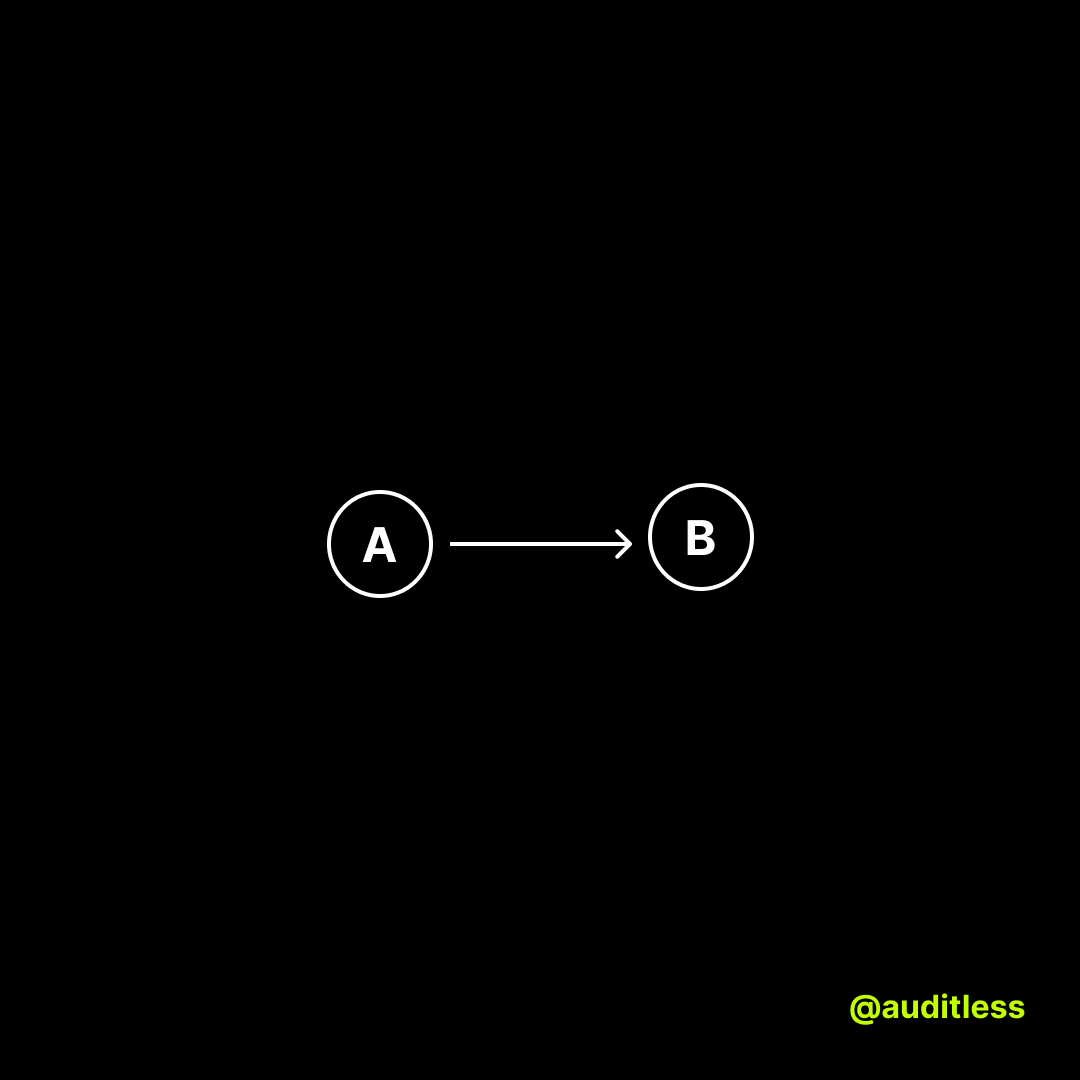Why Crypto Needs a Better Society
Explaining the core value proposition of crypto and what's holding it back.
I just read a powerful take on why society may be stuck in a local minimum.
Spoiler: AI is not the problem (yet).
Here’s the excerpt from Marko Jukic's brilliant Palladium article The Megaproject Economy:
The fundamental problem with our version of industrial society appears to be that we are powering it with the appetites of our people; this is “maximizing consumption” or “consumerism.” The problem is that the more people consume, at a certain point, the less they are capable of working. Excess consumption causes human capital depreciation. This does not mean consumption as measured by economists, in dollars, although there is substantial overlap. It means consumption in the sense of satisfaction of individual human appetites, eventually to the detriment of the whole human being and his or her society. To tightly define and quantify these appetites would be a long and thorny endeavor. But their existence, at least, seems clear enough. Excess consumption must be at least part of the problem for the obese and for addicts, two of the most glaring victims of industrial consumption; it is also a way of describing excessive competition for positional goods, the activity which perhaps most singularly defines the lives of the most materially affluent people alive today.
It made me realize that the crypto industry has been largely ineffective at creating consumption (I'm ignoring the major indirect wealth effects). You could argue that crypto x consumerism peaked at 10000 BTC pizza.
This leads to an optimistic explanation of why crypto is critiqued for not having a real world use case. Unlike your Netflix subscription, your Nintendo Switch and local Matcha cafe, crypto doesn't “make the world a better place”.
But what is it trying to do?
The reductionist answer seems to be that crypto allows entities to express conditional commitments to each other.
CONDITIONAL COMMITMENTS
If you’re not familiar with the game theoretical term, conditional commitments are mathematical simplifications of what we understand as “contracts” or mathematical supersets of what we understand as “intents”.
One player A may commit to player B to take a certain action if a certain commitment is met. Of course real world legal contracts don't encode conditional commitments at all since their whole purpose is to actually describe what should happen if you don't follow the commitment.
So crypto improves the ability for entities to coordinate and reduces their coordination costs.
The potential market for this is difficult to analyze, but it seems like a good way to explain where crypto is adding value today and where it isn't:
Assets. Mathematically, conditional commitments are better models of financial instruments than traditional legal agreements. Hence DeFi can exist without depending on the quality of rule of law in any given country.
Organizations. Organizations have been harder to “fix” with crypto. While crypto has been a powerful way to create open organizations with permissionless participants, governments have been competing to support the needs of traditional organizations for a long time and can provide them with a clearer regulatory framework.
Societies. Crypto can theoretically be used to architect better societies as it can replace formal power structures with code. But we are short years (or decades?) of large-scale experimentation to envision how that could even work.
This is where we return to the article.
WHERE COORDINATION COULD SHINE
Marko Jukic's core idea of the megaproject economy seems to be a perfect illustration of the type of industrial society that crypto could be good at supporting/bootstrapping:
This could be thought of as the “public works” or “megaproject”-driven economy. Rather than maximizing consumption, we will aim to maximize production according to the obvious, public, and natural challenges available to us. Such challenges will have to be rated based on how much exertion of human capital they require; the more, the better.
Indeed, “public works” here could be replaced with “public goods” and it would read like a crypto post. Consumption doesn't require coordination but progress does.
The idea that we have an economy that structurally under-utilizes the power of crypto is really interesting.
It’s at least comforting to have a rational explanation why we are collectively so interested in governance, law and coordination while Founders from any other industry (but especially AI) don't really worry about these issues.
I wrote about these ideas in the first newsletter Why Crypto Still Matters.
It’s not that society is broken and needs crypto to fix it.
It’s that society is blissfully unaware of how broken it is.
Founders are always encouraged to “grow the market” if they can't expect the market to grow by itself.
Should crypto Founders aim to update society too?




